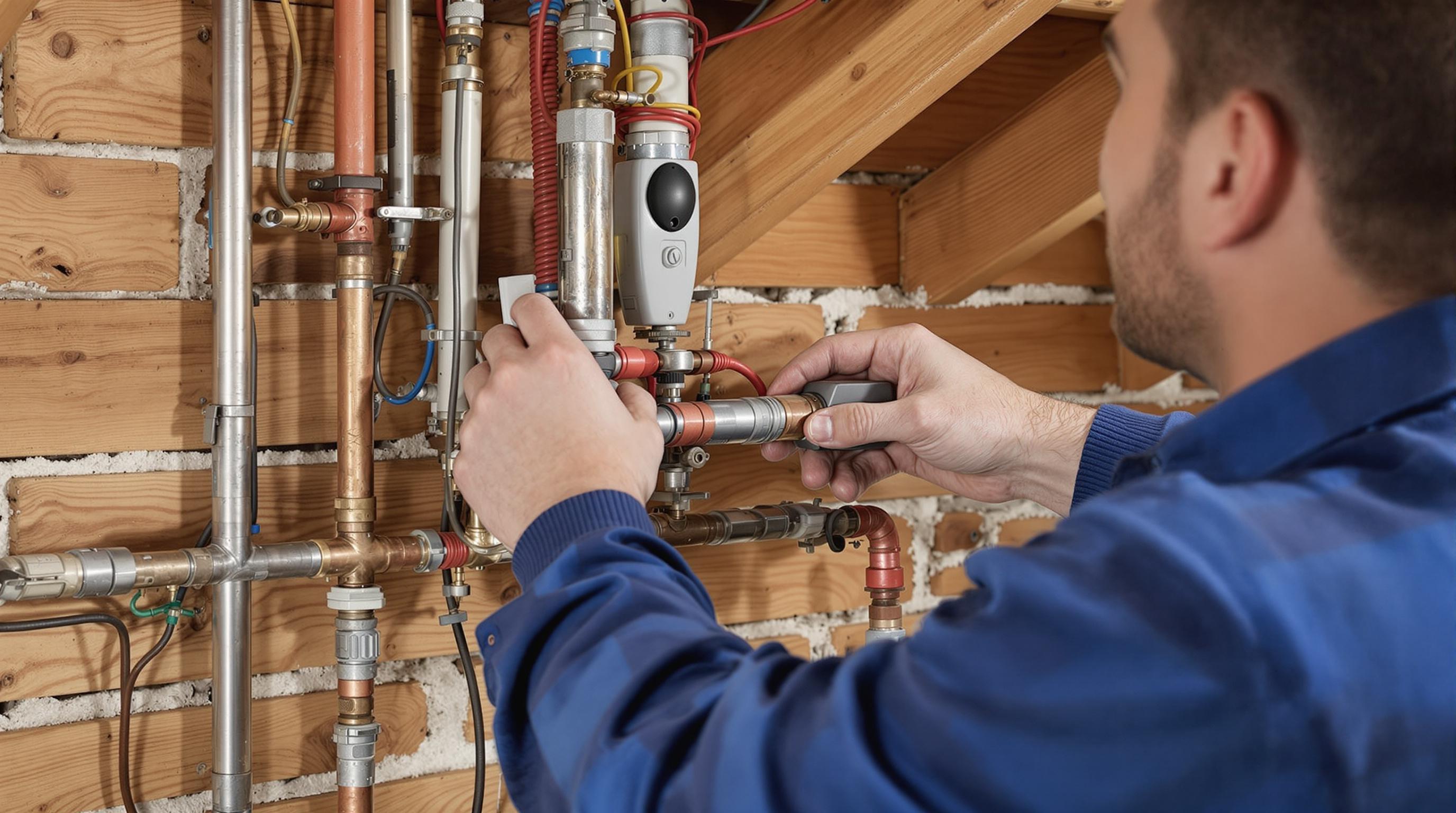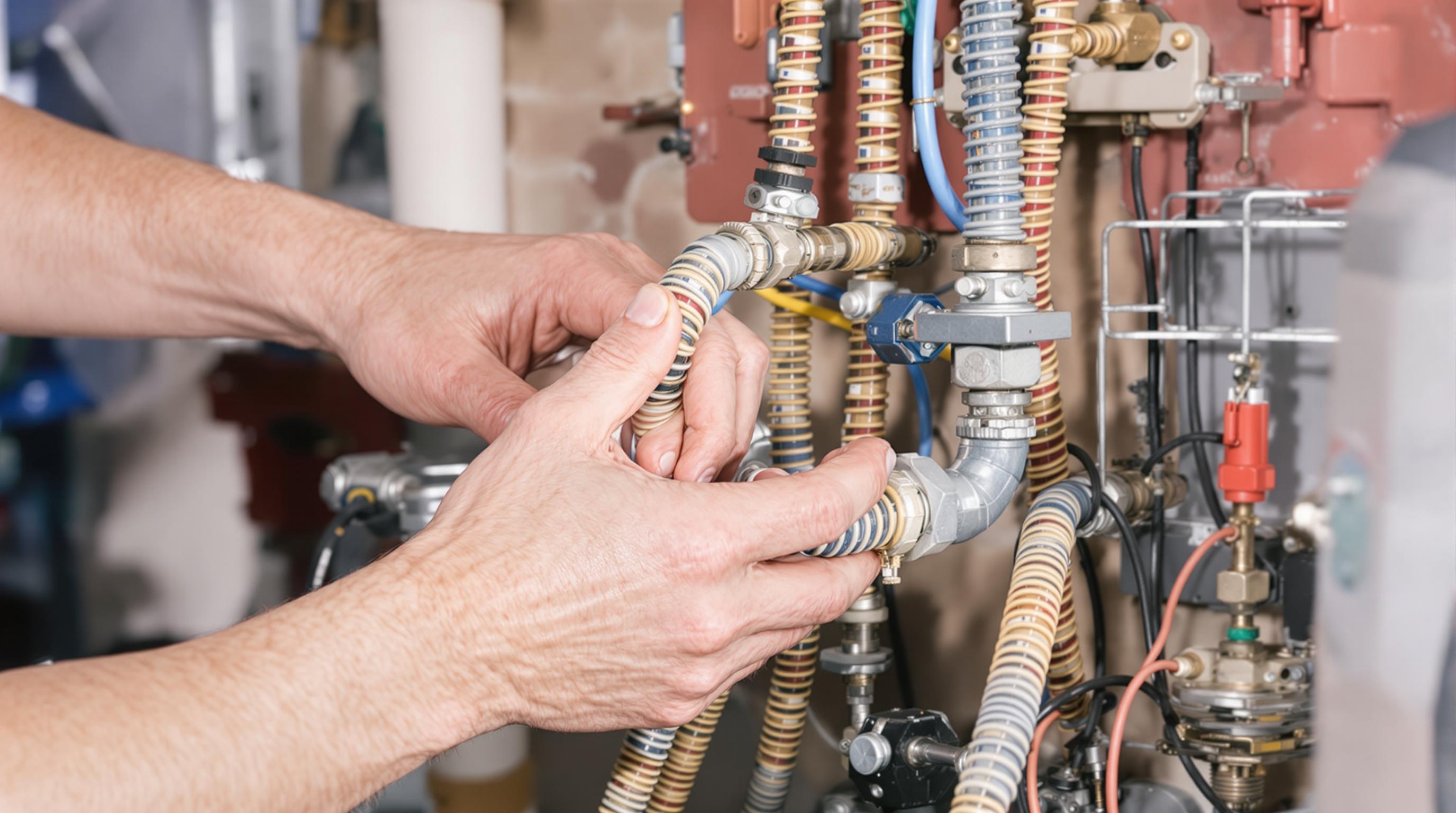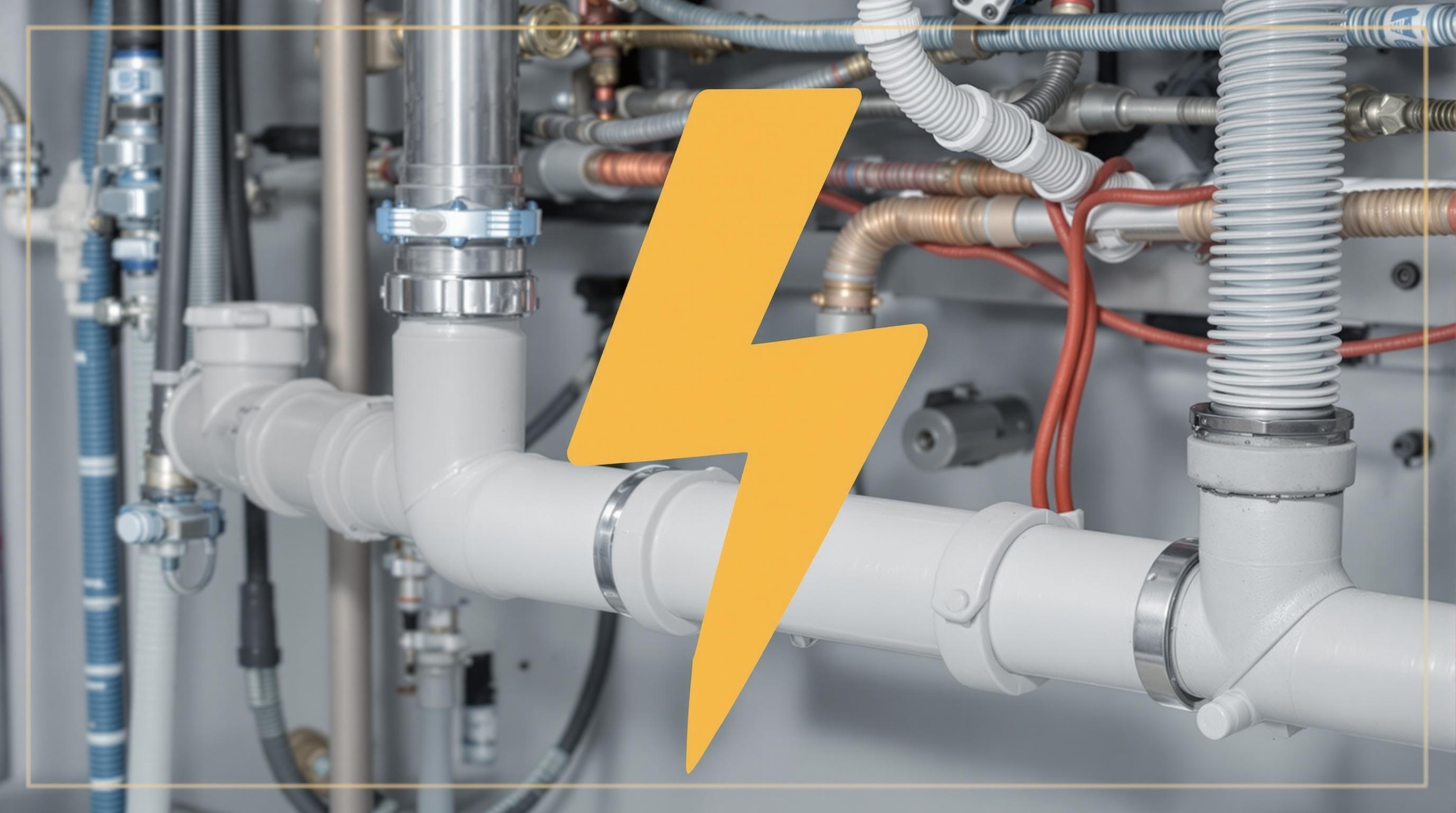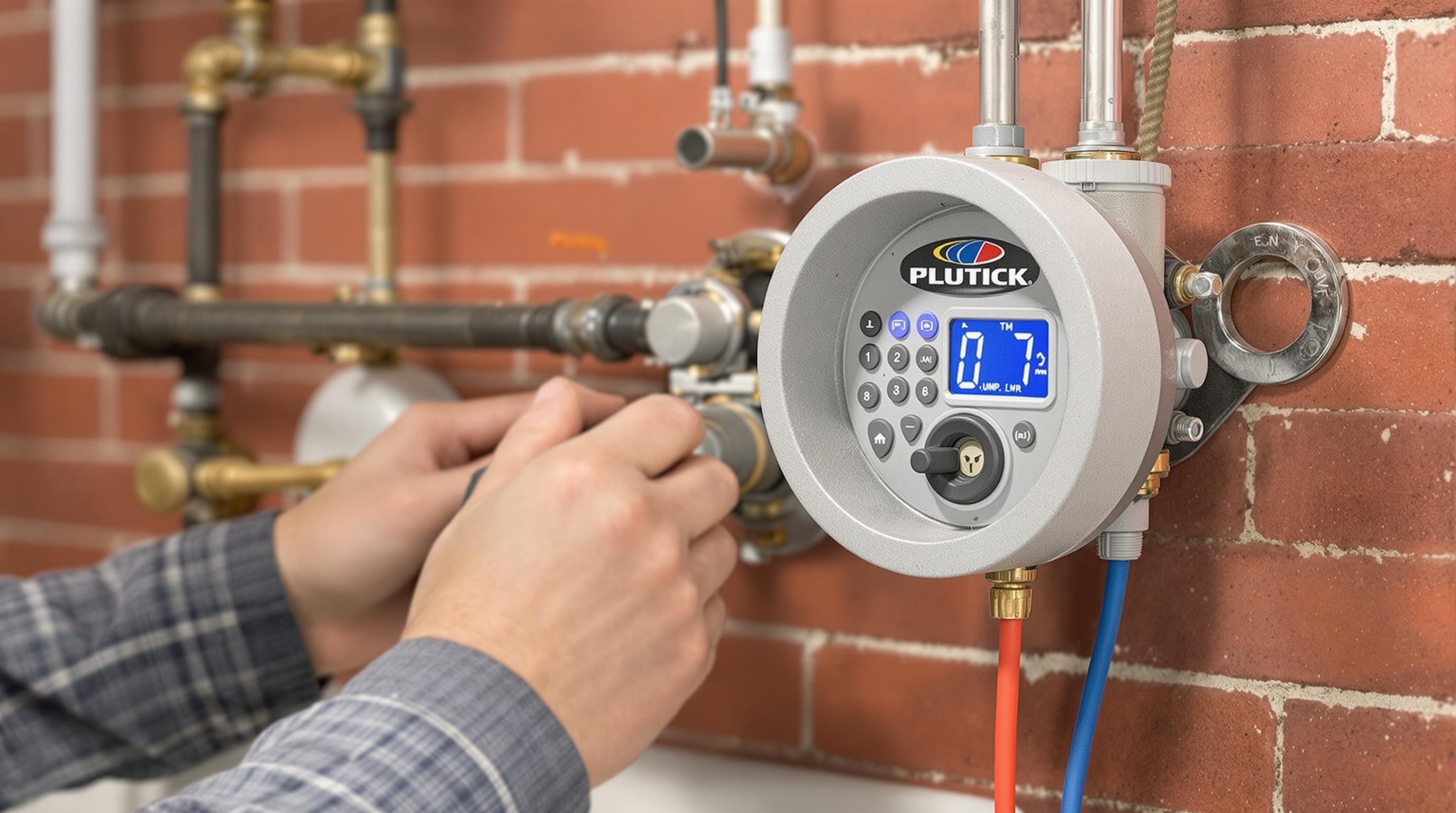Related Articles
- The Hidden Influence of Ergonomics: How Tool Design Shapes Our Physical Spaces and Daily Lives
- The Silent Influence: How Hidden Home Implements Shape Our Daily Routines and Spaces
- The Counterintuitive Role of Chaos: How Messy Tool Storage Can Lead to Unexpected Home Innovations
- Exploring the Unseen: How Audio Experiences Shape the Art of Domestic Spaces and Color Perception
- Rethinking the Mundane: How Everyday Objects are Becoming the Canvas for Modern Artistic Expression in Home Spaces
- Cultivating Chaos: The Surprising Benefits of Embracing Weeds in Your Garden Ecosystem
7 Alarming Clues Your Plumbing and Electrical Systems Might Be Compromising Your Home's Safety and Security
7 Alarming Clues Your Plumbing and Electrical Systems Might Be Compromising Your Home's Safety and Security
7 Alarming Clues Your Plumbing and Electrical Systems Might Be Compromising Your Home's Safety and Security
1. Frequent Electrical Outages
One of the most telling signs that your electrical system may be compromised is the occurrence of frequent outages. If you find yourself resetting the circuit breaker often or experiencing dimming lights, it may indicate an overloaded circuit or faulty wiring. Outdated circuits are particularly prone to such issues and can pose a serious fire hazard.
According to the Electrical Safety Foundation International (ESFI), over 51,000 electrical fires occur in homes each year, many of which are linked to faulty wiring. Therefore, persistent electrical difficulties should not be taken lightly; they are often a precursor to significant electrical failures.
If you notice these symptoms, it may be wise to consult a qualified electrician. They can assess the existing wiring and determine if upgrades or repairs are necessary to ensure your home remains safe and secure.
2. Water Leaks
Water leaks can appear innocent at first but may signal serious plumbing issues lurking within your home. Beyond just the immediate concern of water damage, leaks can lead to mold, which presents health risks and can damage the structural integrity of your home.
The American Society of Home Inspectors notes that even small leaks can contribute to significant water damage over time, not to mention that they can cause a spike in your water bill. If you notice puddles of water or water stains on walls and ceilings, it's crucial to investigate the source immediately.
Involved plumbing systems often require professional diagnosis and repair. An expert plumber can help identify the source of the leak and conduct necessary repairs, preventing further damage or safety hazards.
3. Odd Smells
Unusual scents in your home, such as the smell of sulfur or rotten eggs, can indicate a gas leak—one of the most dangerous situations concerning home safety. On the other hand, a strong sewage odor may suggest a problem with your plumbing that requires immediate attention to prevent sewage backup.
The Environmental Protection Agency (EPA) warns that gas leaks can lead to explosions if not addressed. It’s essential to act quickly if you suspect a gas leak; evacuate the premises and call emergency services immediately.
If the odors stem from plumbing issues, bringing in a professional plumber is advisable. They can determine if the problem resides within your drainage system and ensure it is adequately repaired, thus restoring your home’s safety.
4. Increased Moisture Levels
Elevated humidity levels in your home can lead to numerous problems, from structural damage to health issues. The combination of poor plumbing and electrical systems can exacerbate these conditions, allowing for mold growth and other hazardous situations.
The Centers for Disease Control and Prevention (CDC) emphasizes that mold can cause respiratory problems and other health issues, making it crucial to monitor humidity. If you notice persistent moisture on walls, windows, or surfaces, it might indicate an underlying plumbing problem or insufficient ventilation.
Addressing moisture issues promptly involves both plumbing repairs and enhanced ventilation measures. Home improvement experts can help incorporate solutions that tackle both the symptoms and root causes of high moisture levels.
5. Flickering Lights
Flickering or dimming lights are often dismissed as a minor nuisance; however, they can reveal larger electrical issues at play. Inconsistent electricity supply can indicate overloaded circuits or deteriorating wiring, which can lead to electrical fires.
Additionally, flickering lights can indicate failing appliances that disrupt electrical flow. If you notice flickering lights, especially when using multiple devices, it is crucial to evaluate your home’s electrical system.
Consulting with an electrician can help identify the underlying problem. They can carry out necessary repairs or upgrades, ensuring the electrical system is safe and complies with current codes.
6. High Water Bills
A sudden spike in your water bill can often serve as an alarming clue that your plumbing system may be compromised. Increased costs are typically linked to leaks or other plumbing issues within your home that go unnoticed.
The American Water Works Association (AWWA) suggests homeowners routinely check their water usage to identify irregularities that may indicate a plumbing problem. Paying attention to these discrepancies could save you from larger damage down the line.
If you notice unusually high water bills, it’s wise to contact a plumber for a thorough inspection of your plumbing system. They'll help locate any leaks and restore your water lines to optimize your home's safety and security.
7. Circuit Overloads
Circuit overloads can prevent appliances from working correctly and pose a higher risk for electrical fires. Attempting to plug too many devices into a single outlet can cause wires to overheat and create dangerous conditions.
According to the National Fire Protection Association (NFPA), electrical failure or malfunction was a factor in numerous home fires in recent years. Proper management of electrical loads is essential for maintaining a safe environment.
To minimize these risks, consider distributing your appliances across multiple outlets or investing in a surge protector. Additionally, regular maintenance from a licensed electrician can help ensure your home's circuitry is up to date and reliable.





